The UK government applies lockdown differently to many other countries, preferring to encourage new habits of social interaction rather than dictate or prescribe them. However, using language that is legally ambiguous makes enforcement difficult: consider how contentious these adjectival qualifications are: substantial meal, essential travel or vulnerable child. Friends in Europe have been surprised to hear just how much freedom we continue to enjoy compared to more strict lockdowns. Guided not only by science, but also behavioural insights, the government believes people will comply with restrictions if they are nudged not instructed, and treated as reasonable adults.
The public are encouraged to stick to the rules, largely ignorant of the difference between what is guidance and what is law: what they should do as distinct from what they must do. Enforcement falls to 43 different police forces and the interpretation of law by each chief constable. Essential travel is generally understood to be any journey for work not leisure. Transport hubs and airports remained open during the lockdown in March 2020 to enable international business to flow, but we now know that throughout April the virus was coming in from Italy, France and Spain.
What is an essential shop? You might think it is a retailer selling food or medicine, but even during our first lockdown in March, it was still possible to buy watch batteries from a hardware store deemed essential. What is a key worker? You might think it would be nurses, hospital cleaners, bus & train drivers and those who keep the country running, but it includes chiropractors although not dentists. The definition of a key worker has shifted across the year; even my local locksmith now qualifies on both semantic and etymological grounds!
How do you define vulnerable child? In the first lockdown it was children who received free meals at primary school, who together with key workers’ children accounted for about 10% of a school role. In the second lockdown ‘vulnerable’ now includes children who do not have access to a home computer and thus unable to join on-line learning during the lockdown. In some schools this means that 50-70% of the children still need to attend a school that is officially closed. Teachers are not a high priority for the vaccine and are thus exposed in running a ‘closed’ school at 70% capacity.
There is nothing wrong with using words that are legally ambiguous if they permit flexible interpretation at local level; however the problem comes when a government decides to use police or local authorities to enforce rules. There are 152 different Local Education Authorities in England alone, each with its own policy towards vulnerable children. Add this to the 43 regional police forces and you see why enforcement represents a real headache for the authorities.
This is not a plea for more laws but a call for clarity. Compared to many European countries we have very few travel restrictions, in terms of ‘essential’ travel we are not like France, Spain or Italy where permits are required at checkpoints outside our commune, department or state. Is this what we should expect in the UK? Is it not true that under Napoleonic law unless something is specifically permitted it is automatically forbidden; by contrast under British law if something is not specifically forbidden it is permitted. Is this perhaps the reason our lockdown is less effective than others?
It is no good seeking to scapegoat non-compliant sections of society if the rules are ambiguous or inconsistent. Language need to be clear and precise or risk further non-compliance.

